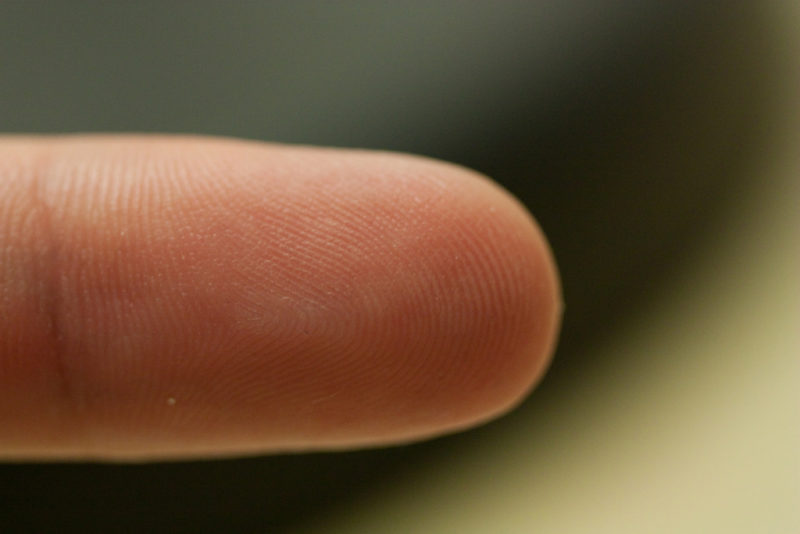
By Deborah Wolfe
California attorneys need to know that as of June 1, 2018, all members of the California Bar are required to submit their fingerprints electronically to the State Bar. Most of us were fingerprinted (with real ink!) when we were sworn in as active members, but the Supreme Court ordered on May 23, 2018, that most actively practicing attorneys must be re-fingerprinted electronically by an approved Department of Justice Live-scan provider no later than April 30, 2019. Registered in-house counsel and foreign legal consultants need to submit fingerprints when renewing their registration by February 1, 2019. Failure of an attorney to comply with this Rule of Court, specifically Rule 9.9.5, by the deadline, subjects the attorney to monetary penalties, including potentially a license suspension (involuntary status change from “active” to “inactive”) until the requirement is met.
Why now, you ask, are we suddenly required to go through this exercise again? Apparently, for the past 30 years, the State Bar has been out of compliance with the statutory requirement under the rule, because it failed to receive notification of subsequent arrests and convictions from the California Department of Justice (DOJ). Even though all lawyers were fingerprinted before admission to the bar, for purposes of ascertaining the lawyer had no criminal arrests or convictions, the actual fingerprints were not maintained—by either the State Bar or the DOJ—for future notification services. The State Bar’s main function is to regulate the practice of law in order to protect the public from unscrupulous lawyers. In order to comply with the mandate of the California Rules of Court, the State Bar entered into a contract with the DOJ for subsequent arrest notification services for attorneys who are active and licensed by the State Bar and, for attorneys permitted to practice in California under other special admissions rules. All active licensed attorneys must be fingerprinted for the purpose of obtaining criminal record information, including state and federal level convictions and arrests from the DOJ and the FBI.
It is important to note that any information that is obtained by the State Bar must be kept confidential and used solely for State Bar licensing and regulatory purposes. As would be expected, the costs and fees for the processing of fingerprints for the State Bar must be borne by the attorney. If the attorney can show a demonstrable hardship, the State Bar is required to develop procedures for granting fee waivers. There are also provisions in the law to accommodate attorneys who for physical reasons, such as disability, illness, accident or other circumstances beyond their control cannot provide fingerprints, but these must be proven to the DOJ to obtain a waiver of the requirement.
To comply with the law, simply go to your member profile page on the State Bar’s website, www.calbar.ca.gov, download and print the forms designated as “Fingerprinting Rule Compliance Documents,” and follow the instructions given on the State Bar’s website for properly registering your compliance. Costs for the Live Scan vary from $5 to $75, with the average cost being $33. There are additional fees due the DOJ and the FBI totaling $49.
While it is somewhat of an inconvenience for attorneys who are already licensed in the State to provide fingerprints, it is a measure that serves to maintain the public’s trust and confidence in the legal profession by appropriately overseeing that attorneys are held to a high standard of conduct.
Deborah Wolfe is an attorney at law.
This article was originally published in the SDCBA’s “Ethics in Brief” column series.
No portion of this summary is intended to constitute legal advice. Be sure to perform independent research and analysis. Any views expressed are those of the author only and not of the SDCBA or its Legal Ethics Committee.